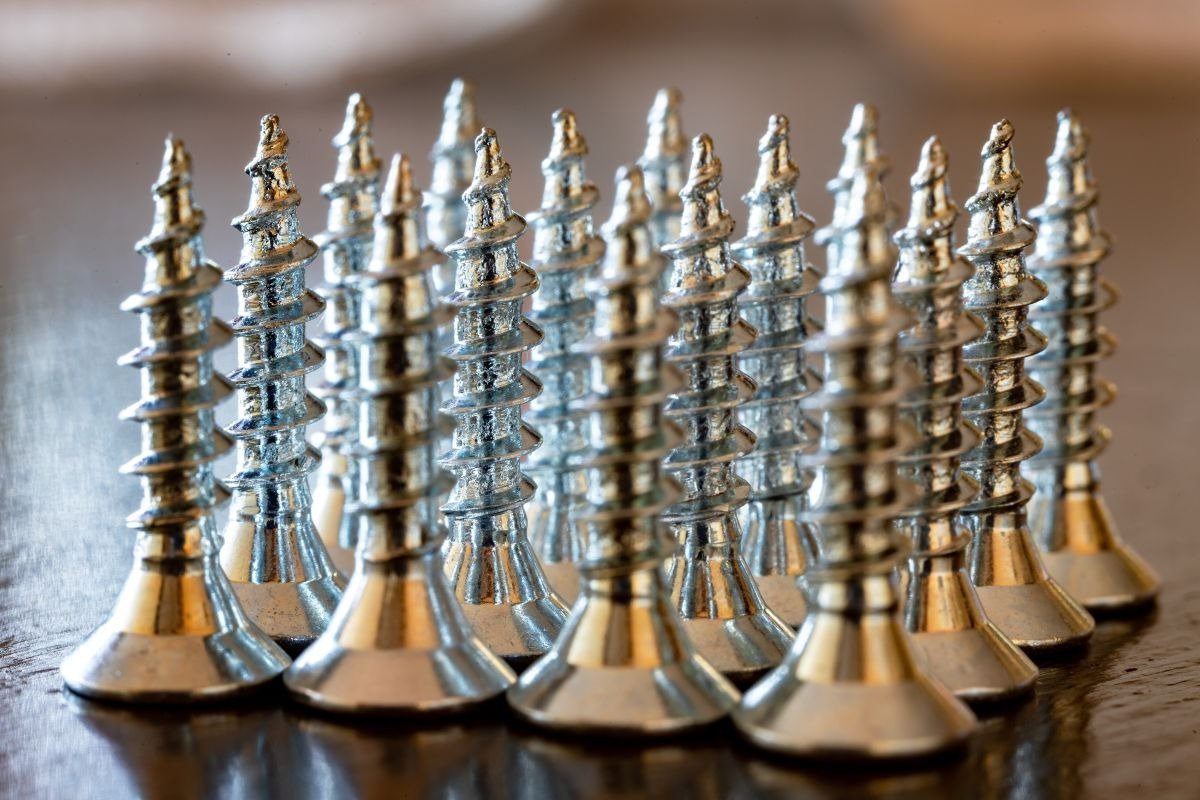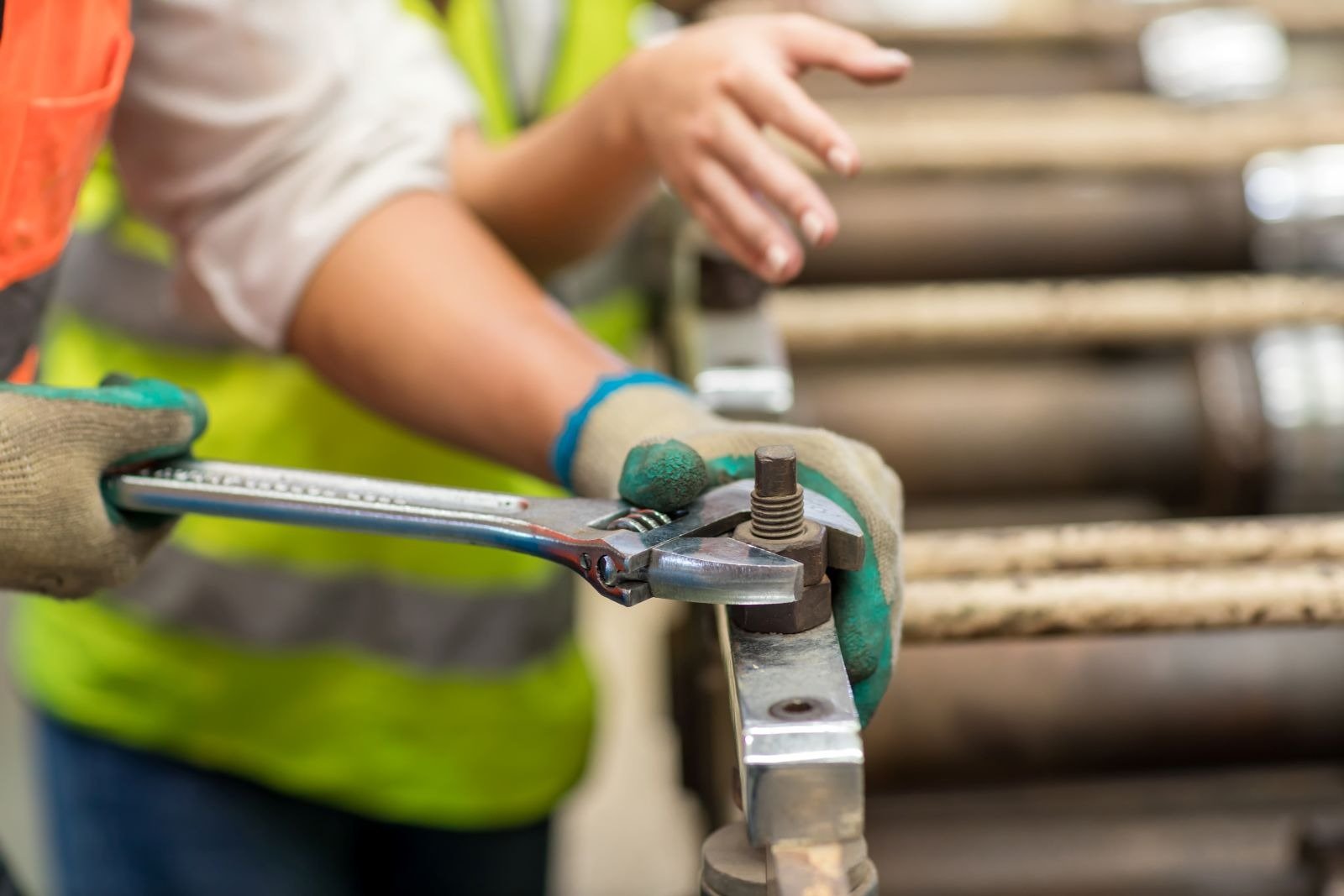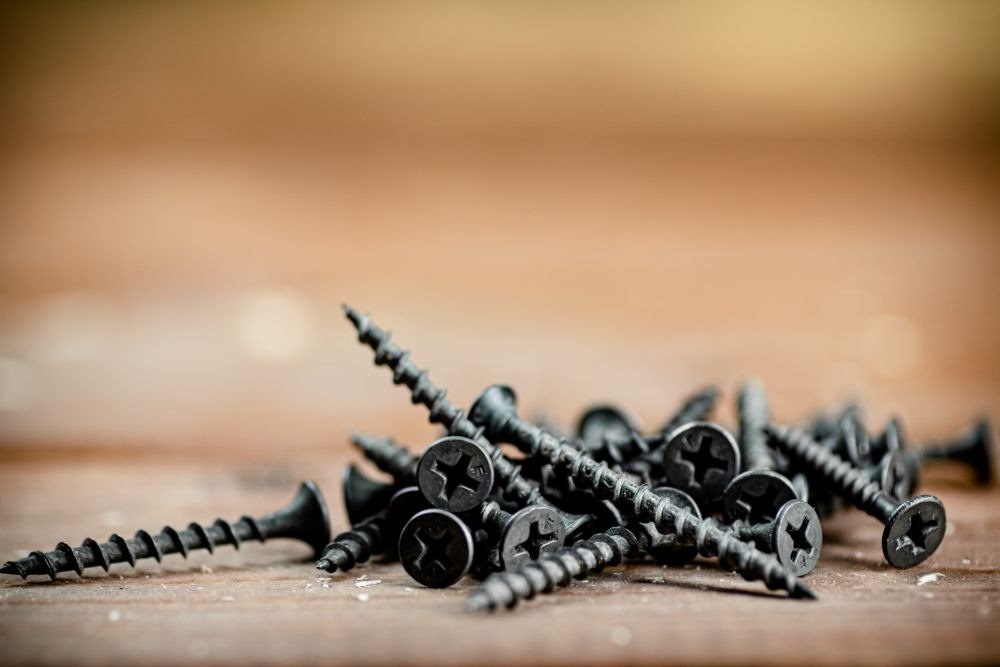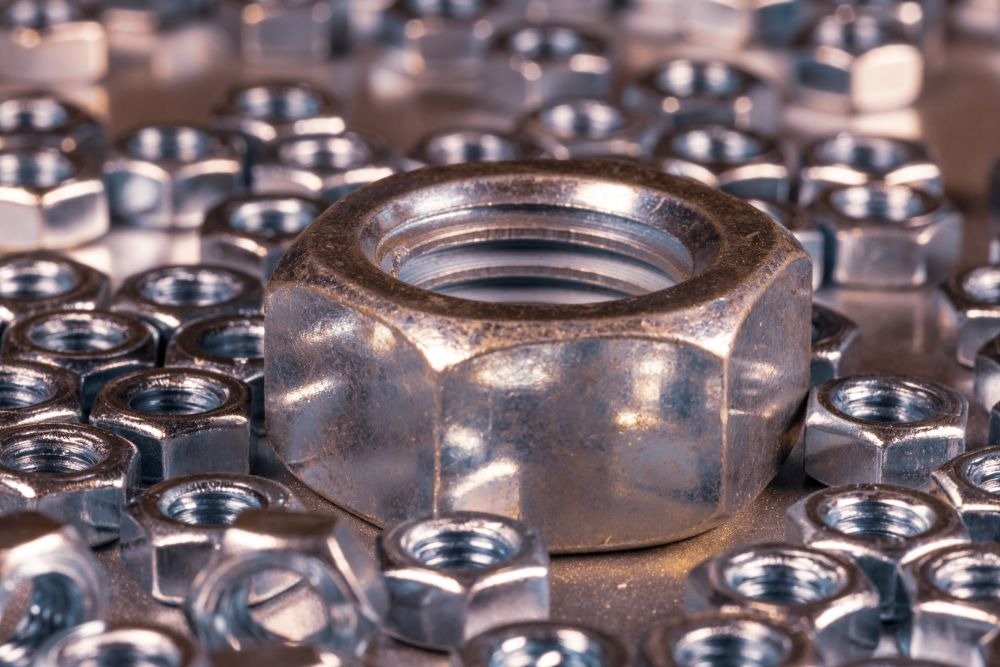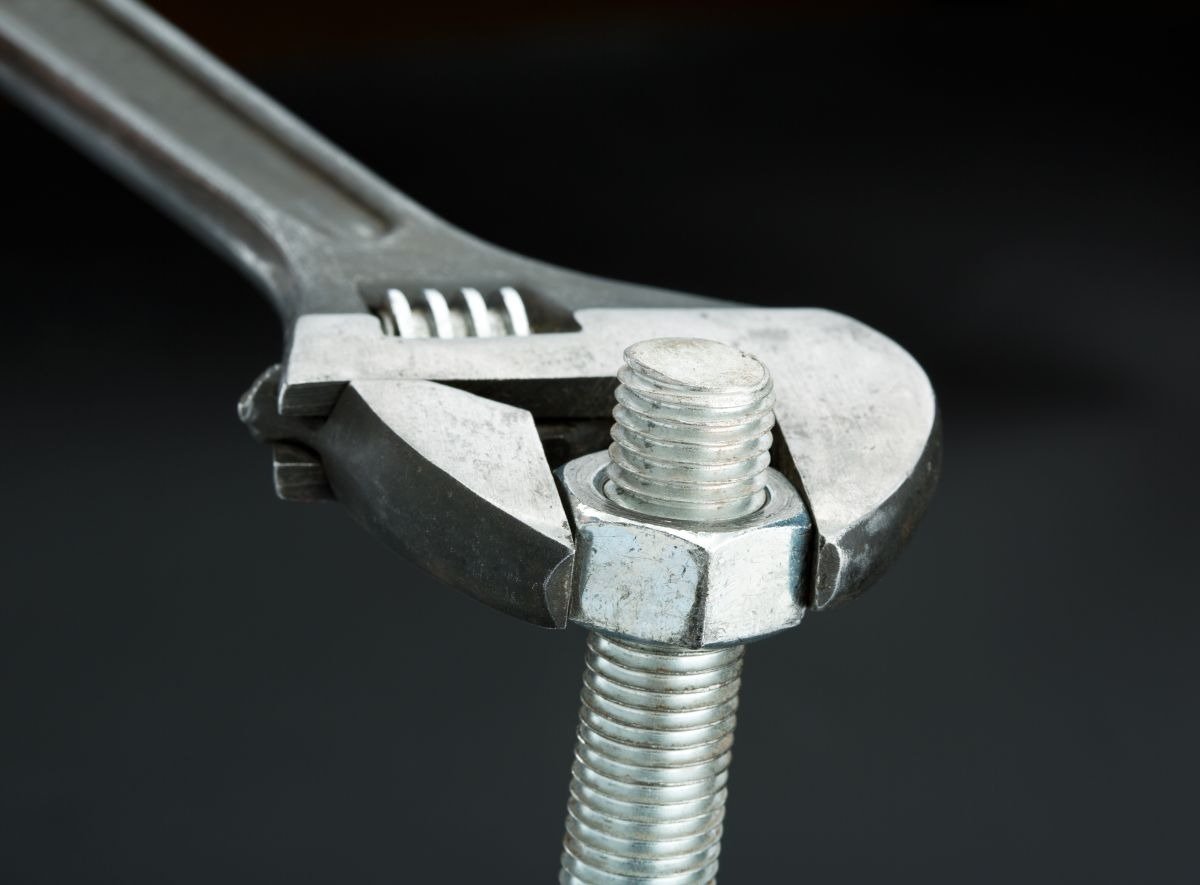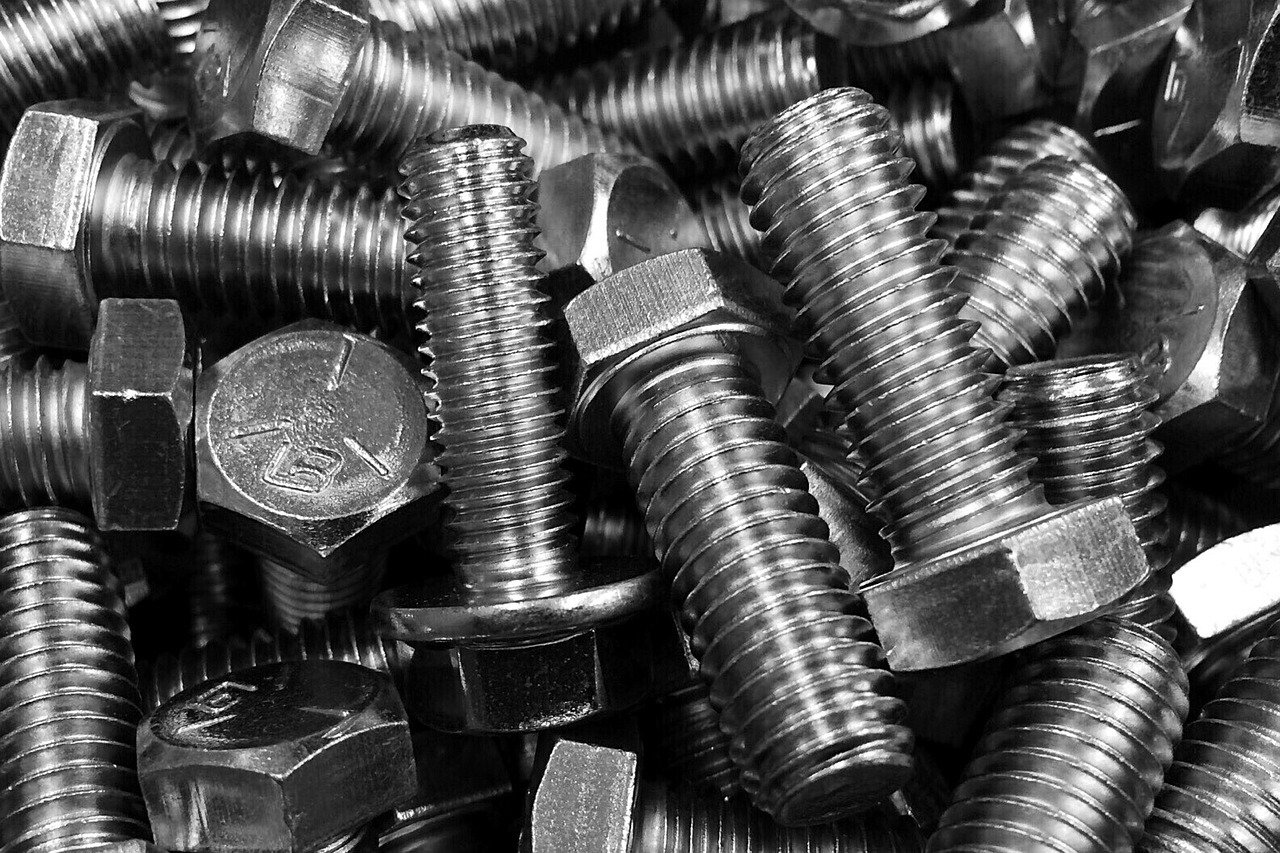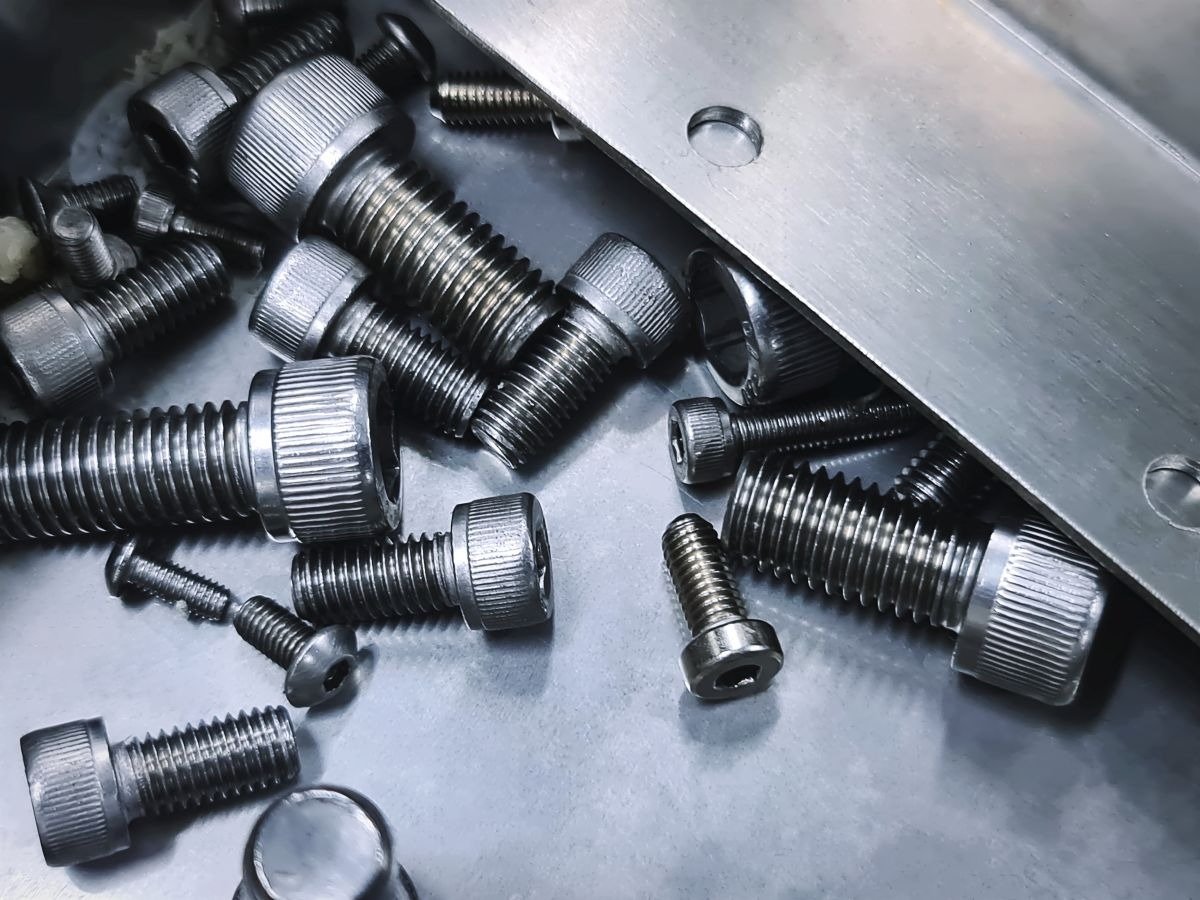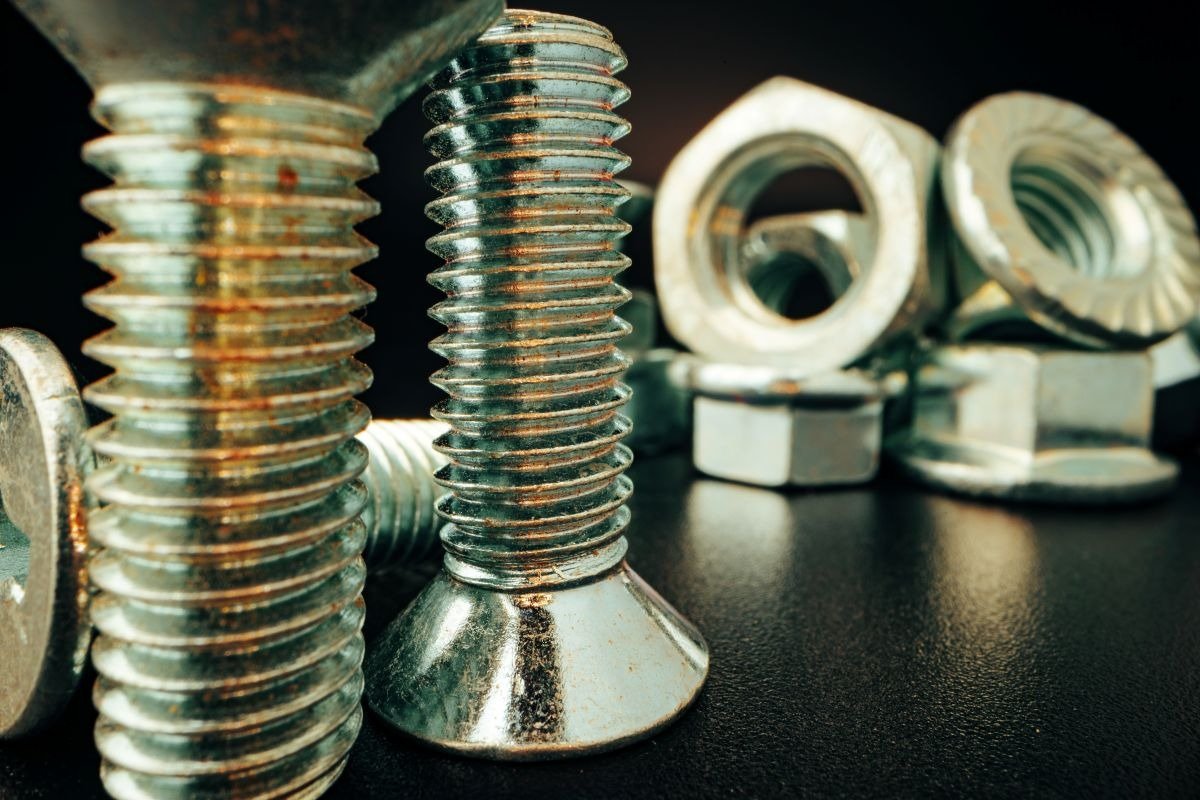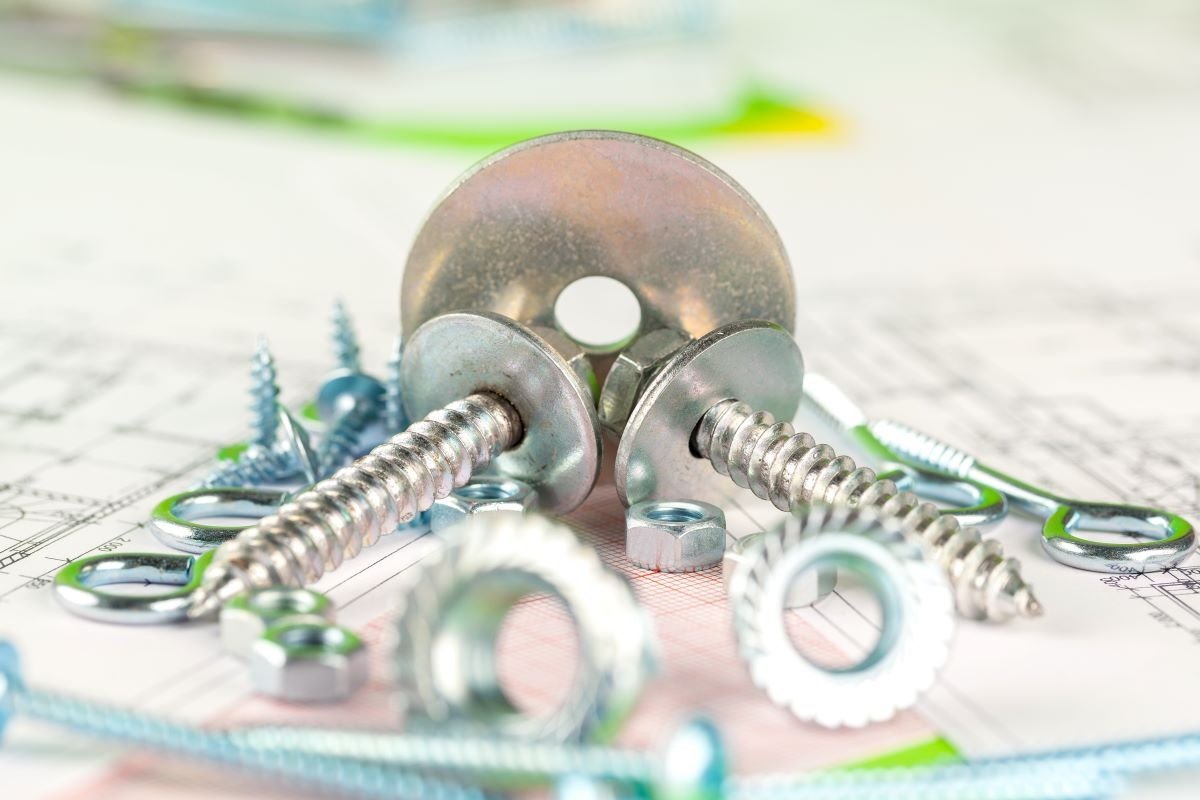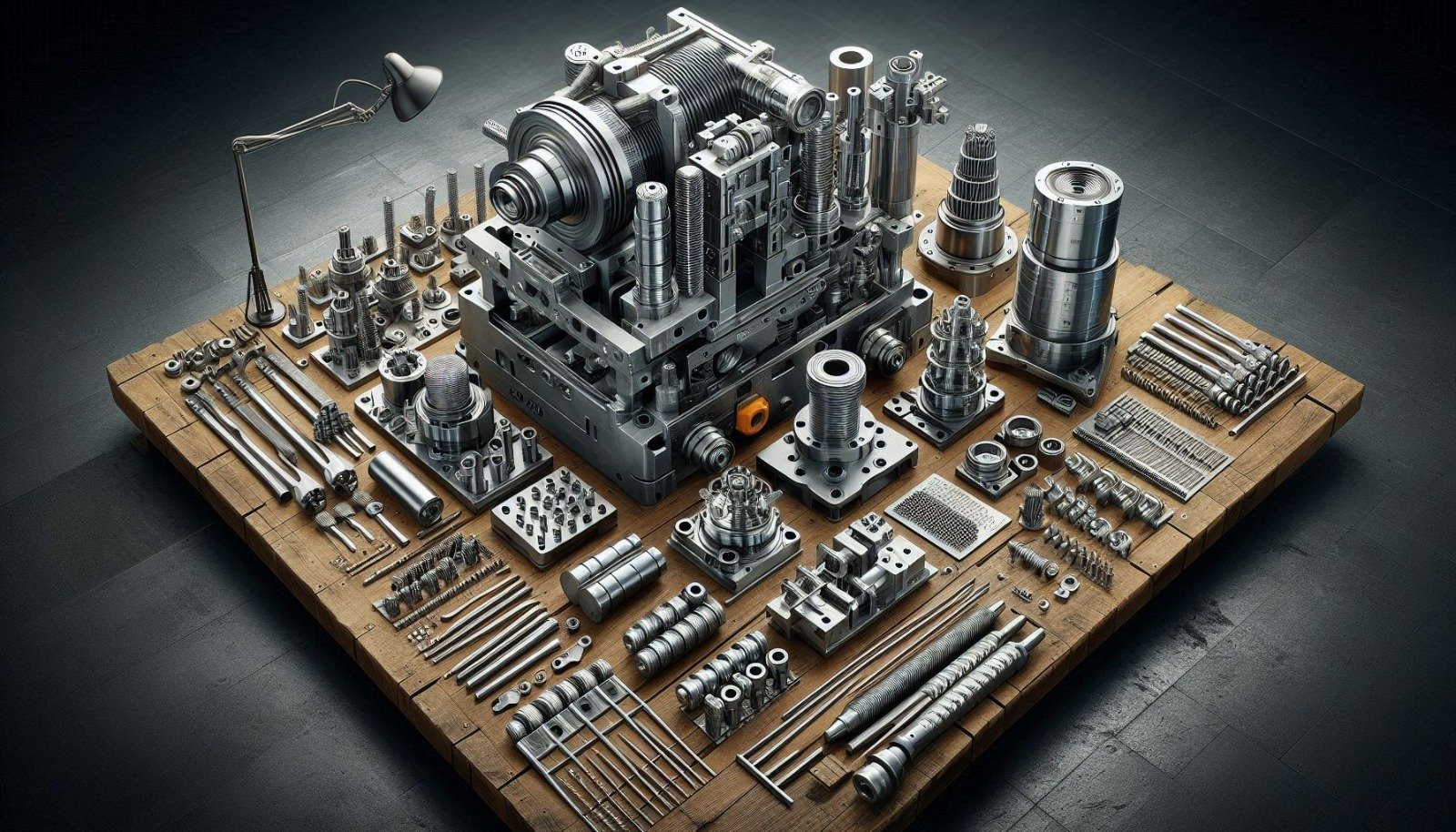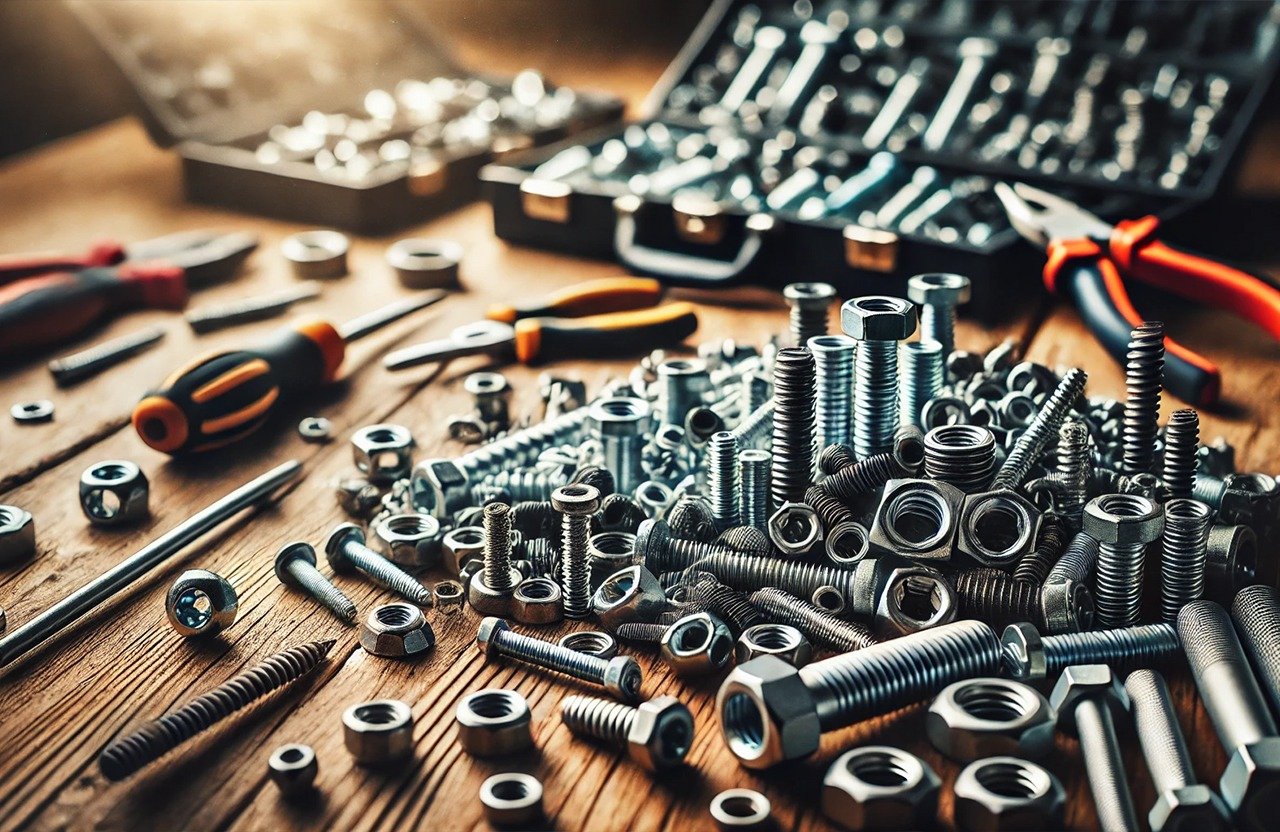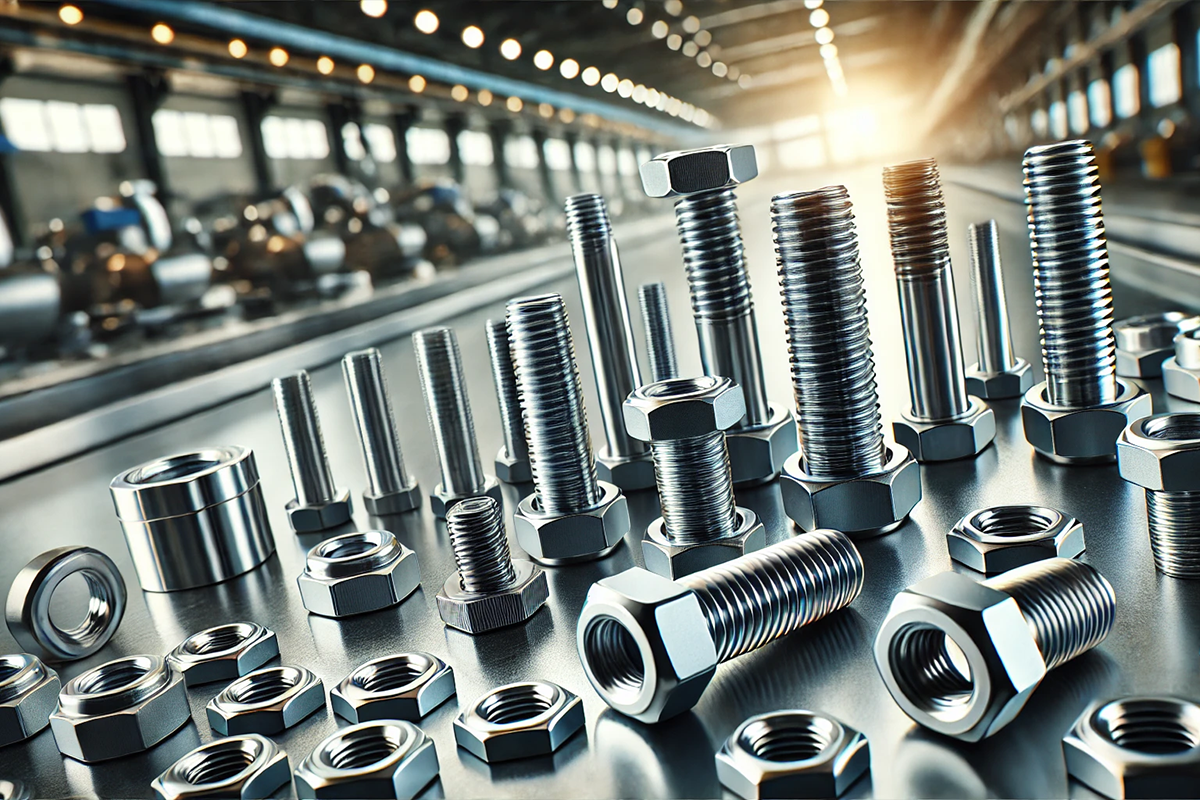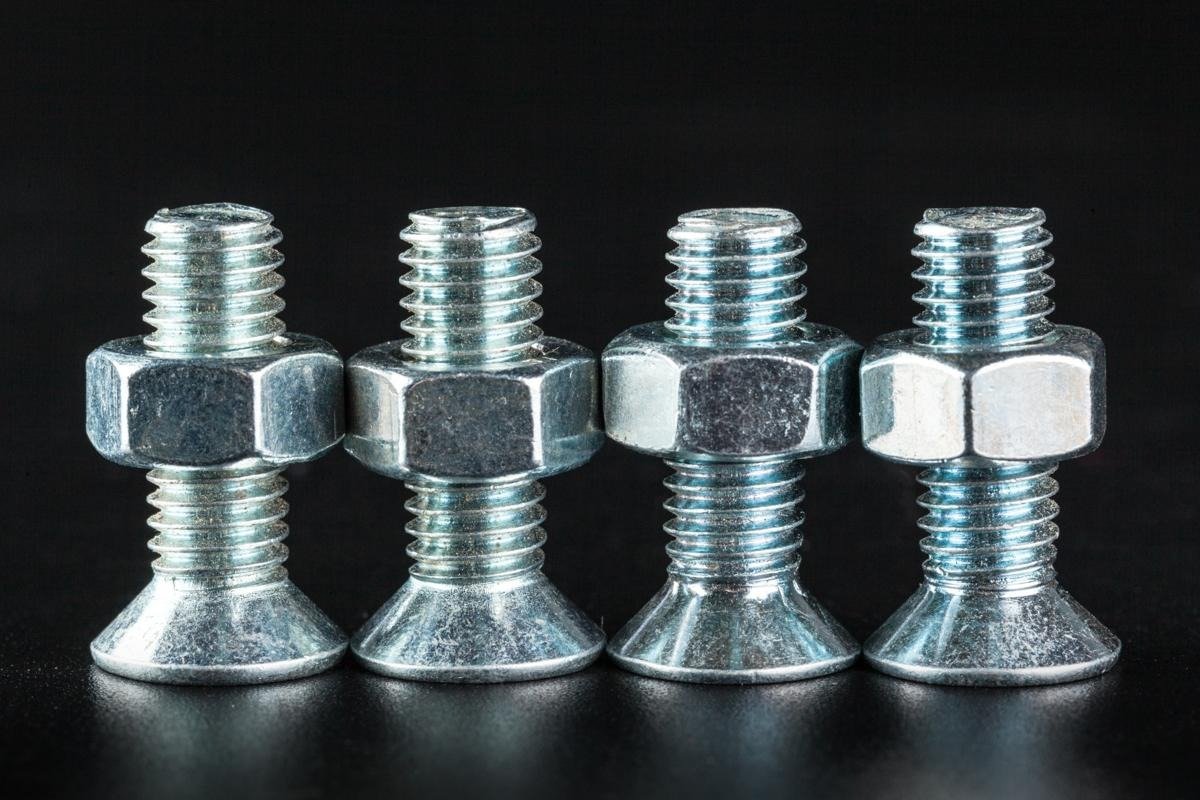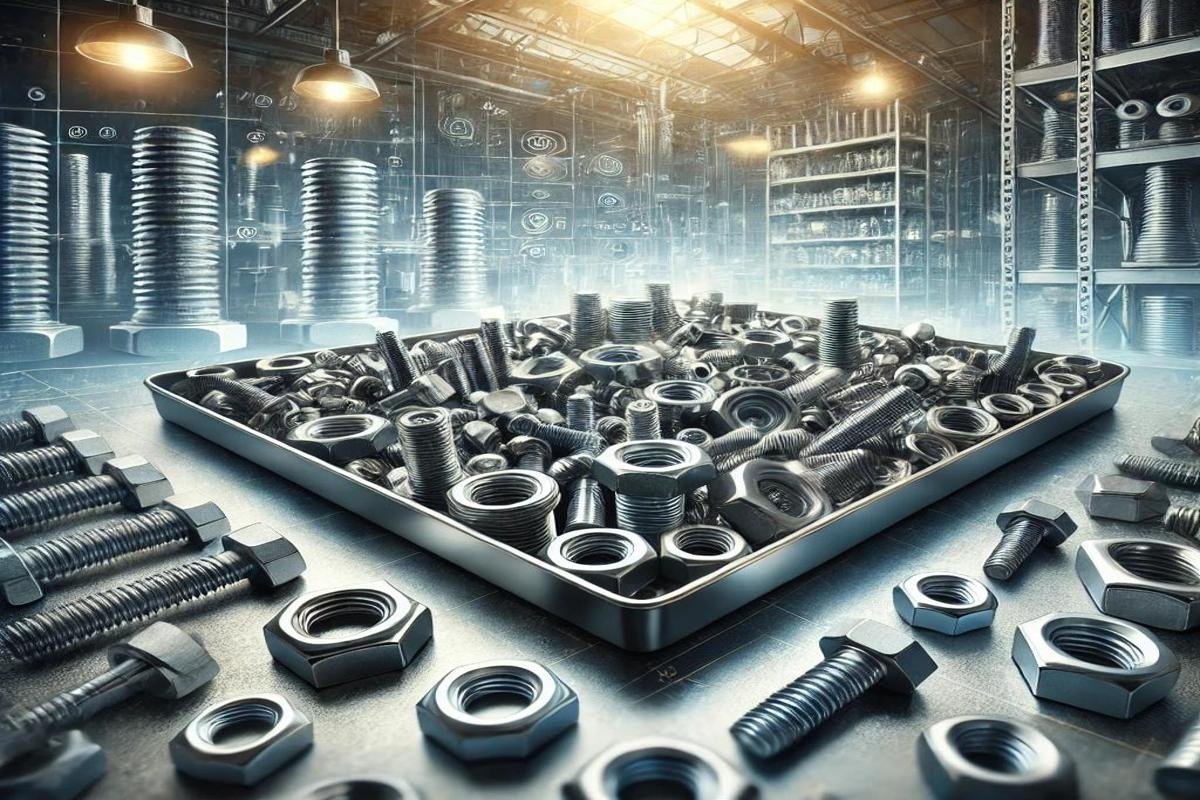What Is a Special Bolt? How to Order a Special Bolt?
Every structure has a connection point: machines, steel
constructions, pipelines... If they're holding together, there is surely a bolt
in between. But not every bolt fits every purpose. Standard dimensions
may not be enough, or sometimes the conditions are so challenging that a unique
solution is required. This is where special bolts come into play.
Sometimes they must withstand high temperatures or corrosive chemicals;
sometimes they must be mounted without damaging sensitive surfaces, or
tightened in a way that they will never be removed. A special bolt is
not just a fastener—it’s an engineered solution tailored to a specific need.
What Are Special Bolts?
Bolts produced in standard sizes and specifications may offer sufficient
solutions for general applications, but they often fail to meet the needs of
more complex projects. At this point, special bolts become essential. Special
bolt types are fasteners designed with specific materials, dimensions,
thread structures, or coatings to meet the technical requirements of a
particular application or system. These products exceed standard options in
terms of both strength and durability.
Shaped by R&D efforts, prototype testing, and field
applications, these bolts require direct communication with the customer during
the production process. Because every special bolt is essentially an
engineering solution to a specific problem.
Types of Special Bolts
When we talk about special bolts, it's not only about size differences.
These bolts can be produced in a wide variety of combinations to be used in
high temperatures, corrosive environments, high-pressure, or vibrating systems.
Special bolts made from stainless steel are preferred in industries
requiring chemical resistance; whereas high-strength steel bolts with grade
8.8, 10.9, or 12.9 are used in heavy machinery or large steel constructions.
They can be designed with or without threads, with flanges,
paired with nuts, and with internal or external torque applications—these are
common features in special bolt types. Surface coatings also vary based
on the application area; electro-galvanized, hot-dip galvanized, zinc-nickel,
or PTFE coatings are used to increase resistance to environmental conditions.
Where Are Special Bolts Used?
Special bolts are indispensable especially in situations where standard
parts cannot offer solutions. Rail system projects, dams and hydroelectric
power plants, wind turbines, steel structures, automotive production lines,
defense industry applications, and custom machinery manufacturing are among the
most common areas of use.
In these projects, criteria like installation precision, load-bearing capacity, and long lifespan are critical—hence non-standard bolts are preferred. Additionally, in some projects, welding or machining cannot be performed on-site; in such scenarios, pre-manufactured special bolts save time and improve safety.
In these projects, criteria like installation precision, load-bearing capacity, and long lifespan are critical—hence non-standard bolts are preferred. Additionally, in some projects, welding or machining cannot be performed on-site; in such scenarios, pre-manufactured special bolts save time and improve safety.
What to Consider When Choosing a Bolt
Choosing the right bolt is essential for safety, durability, and
functionality of the connection. Incorrect material selection may cause serious
corrosion problems; an inappropriate strength class could lead to deformation
or breakage at the joint. When manufacturing special bolts, the
technical details of the application area must be fully shared.
Load direction, application temperature, chemical
environment, surface conditions of the joint, torque data, and ease of assembly
are all factors that directly affect the production process. Especially in
high-precision applications, producing and testing a sample in advance ensures
the final product quality.
What Affects Special Bolt Prices?
Unlike standard products, special bolt prices depend on
many technical details. First, the type of raw material has the greatest
impact. Stainless steel, high-strength alloys, or specially coated metals
directly influence the price. Second, production quantity matters. The higher
the quantity, the lower the unit cost; however, small batch production requires
special workmanship and can be more expensive. The third important factor is
production complexity.
Requests such as complex geometries, tight tolerances, or
multi-stage thread structures prolong production time and increase cost.
Additionally, quality control tests—such as ultrasonic testing, magnetic
particle testing, and tensile or fracture testing—are also factored into special
bolt prices. Finally, delivery time can also influence cost. Urgent
production leads to schedule pressure and is reflected in the pricing.
How to Place a Custom Bolt Order?
When there is a need for a custom bolt, the ordering process must be handled much more carefully and based on precise information compared to standard product purchases. This is because what’s being ordered is not just a product, but a tailored solution. The first step is to clearly define the technical details of the application area. What material will the bolt be fastened to? What is the load direction? Are there any challenges such as humidity, chemicals, high temperatures, or vibrations in the environment? These factors influence every aspect of the bolt—from the material and surface coating to the thread type and tolerances.
Simply saying “I need a custom bolt” is not sufficient when contacting the manufacturer. A request supported with technical drawings or precise measurements ensures the correct product is manufactured and prevents loss of time. If no drawing is available, then the details should be described as clearly as possible: diameter, length, thread type and direction, head shape, whether a nut is needed, hardness grade if necessary, and type of coating—all technical specifications should be shared. If it's possible to provide a photo or a sample from the application area, it will significantly assist the manufacturer.
The second important point is the quantity of production. While some custom bolts are produced as one-off solutions, some projects may require thousands of pieces. This information is crucial for pricing and production planning. Delivery time should also be clearly discussed. Although express production might be possible for urgent needs, this can have an impact on cost.
Quality requirements must also be clearly stated during the ordering process. If there are specific certifications required for the products (ISO, EN standards, 3.1 material certificates, mechanical test reports), they should be mentioned from the beginning. Some tests and inspections can only be performed during manufacturing and cannot be retroactively applied.


